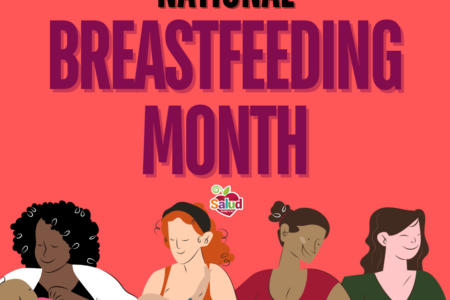
Share On Social!

Latinas are less physically active than Latino men and are less likely to meet physical activity guidelines than other population groups.
This inactivity may lead to obesity and associated conditions like diabetes and heart disease.
To improve Latinas’ health, a new five-year, $3.48 million study will use promotoras—trained community health workers—to lead culturally appropriate group education and exercise sessions for Latinas in community centers in South Texas’ Lower Rio Grande Valley, says study leader Dr. Deborah Parra-Medina, professor at the Institute for Health Promotion Research (IHPR) in the School of Medicine of The University of Texas Health Science Center at San Antonio.
Participants also will get newsletters and telephone counseling.
The effort, called Enlace (which means to “connect” or “join” in English) and funded by the National Institutes of Health, aims to increase Latinas’ physical activity rates.
“The idea behind Enlace is that, through this promotora intervention, Latinas will gain an otherwise-unavailable layer of social support to overcome barriers to activity and make positive behavioral changes—namely that Latinas engage in 30 minutes of moderate-to-vigorous physical activity on five or more days a week,” Dr. Parra-Medina said.
Dr. Parra-Medina and her colleagues had identified several barriers that influence physical activity behaviors among Latinas in South Texas: the dominance of work and family responsibilities, time, social isolation, lack of social support and personal motivation, access issues (e.g., program costs, lack of childcare and transportation), neighborhood safety and other factors.
For the new Enlace study, Dr. Parra-Medina’s team will recruit 704 Latinas ages 18-64 who do not meet federal physical activity guidelines from eight community resource centers in impoverished areas in the Lower Rio Grande Valley.
Half the women will be randomly assigned to the Enlace intervention, which includes 16 once-a-week promotora-led group exercise sessions; and 24 weeks of a maintenance intervention with monthly promotora-delivered newsletters and telephone counseling.
The other half will serve as a control group.
Dr. Parra-Medina’s team will compare the two groups based on minutes per week of moderate-to-vigorous physical activity, physical fitness, wand other factors.
“We hypothesize that Latinas in the intervention group will significantly increase their levels of moderate-to-vigorous physical activity, compared to those in the control group,” Dr. Parra-Medina said.
Read more here.
Explore More:
Maternal & Child HealthBy The Numbers
20.7
percent
of Latino kids have obesity (compared to 11.7% of white kids)



